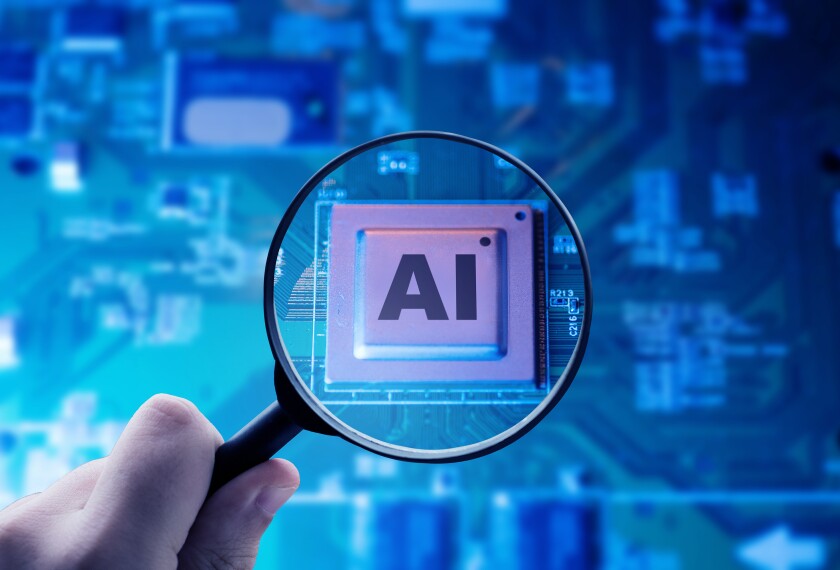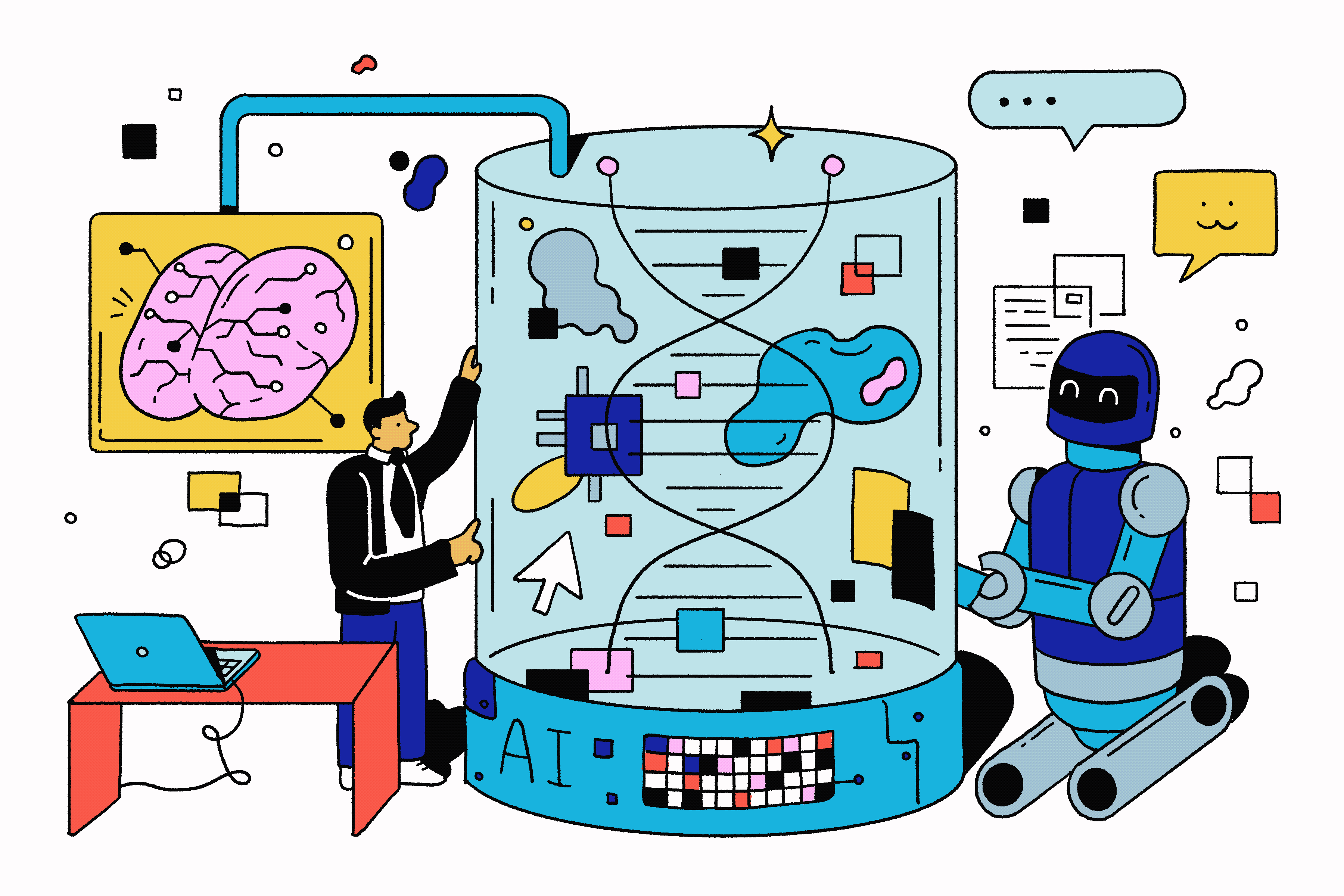K-12 educators are hesitant and concerned about using artificial intelligence for teaching and learning, according to a variety of surveys.
But AI is increasingly being embedded into many tools that students and teachers use daily. That is why experts say it’s important for teachers to learn about the emerging technology so they can use it responsibly and model appropriate use for students.
What does the field need to ensure students and teachers are ready for the next level of AI use in education? In an Oct. 16 Seat at the Table discussion, Education Week opinion contributor Peter DeWitt spoke with Kip Glazer, principal of Mountain View High School in California; Carnegie Mellon University computer science professor Ken Koedinger; and Education Week Deputy Managing Editor Kevin Bushweller about that question.
Here are four takeaways from their discussion.
1. Get input from staff, students, and parents about their concerns and questions
School and district leaders should first figure out what staff, students, and families know about AI and what concerns they might have, said Glazer.
“We are learning this ever-changing technology together,” Glazer said. “We have lots of student voices, staff voices, and community voices involved in creating a policy so we can constantly iterate and improve.”
Glazer said some of her teachers are open to using AI to help them do their jobs better or more efficiently, but they’re also anxious about the technology’s potential harms.
To address teachers’ fears about AI-driven student cheating, Glazer said she worked with her staff to figure out how comfortable they are with students’ AI use and what they need to safely experiment or pilot these tools.
69��ý and teachers are already experimenting with AI, Glazer said. But she’s also heard their concerns about ethical use, and even its environmental impact. (Some environmental experts have brought up concerns about that power AI tools.)
2. Focus on how the technology might support certain teaching strategies
It’s important for educators to figure out what teaching strategy the technology is supporting, Koedinger said. For instance, AI tools might be used to support project-based learning, direct instruction, or small-group learning.
It’s easy to get lost in the shiny things that AI tools can do—such as build lesson plans, craft emails to parents, and customize instruction. But educators shouldn’t forget about the strategies that they know are proven, he said, such as building meaningful teacher-student relationships and providing encouragement for struggling students.
“Those things are so important [and] can’t get lost while we talk about the technology,” he said.
The panelists said educators need to keep asking: What are good principles of pedagogy? What’s my role as an instructor? What’s the role of the technology?
3. Provide meaningful training that shows AI’s strengths and weaknesses
69��ý and teachers also need to understand that AI is not perfect or all-knowing. It’s just another tool to help them do their jobs, Koedinger said.
To help teachers familiarize themselves with the emerging technology, school and district leaders should give teachers encouragement and time to experiment with it to determine what would work best for their context, Koedinger said.
There are also many organizations—such as the International Society for Technology in Education and TeachAI—that have resources schools and districts can use to build AI literacy among teachers and students, Bushweller said.
4. Don’t rush AI implementation simply because the tech is evolving fast
Lastly, education leaders should take their time figuring out AI implementation plans, Glazer said.
The speed at which AI technologies are changing is “outpacing our ability to respond,” she said.
In that context, “sometimes, slow and deliberate and really listening to the voice of the people we are serving is much better” than rushing to make decisions, Glazer said. “We need to build up some resilience and patience as we get lots of information and input.”








